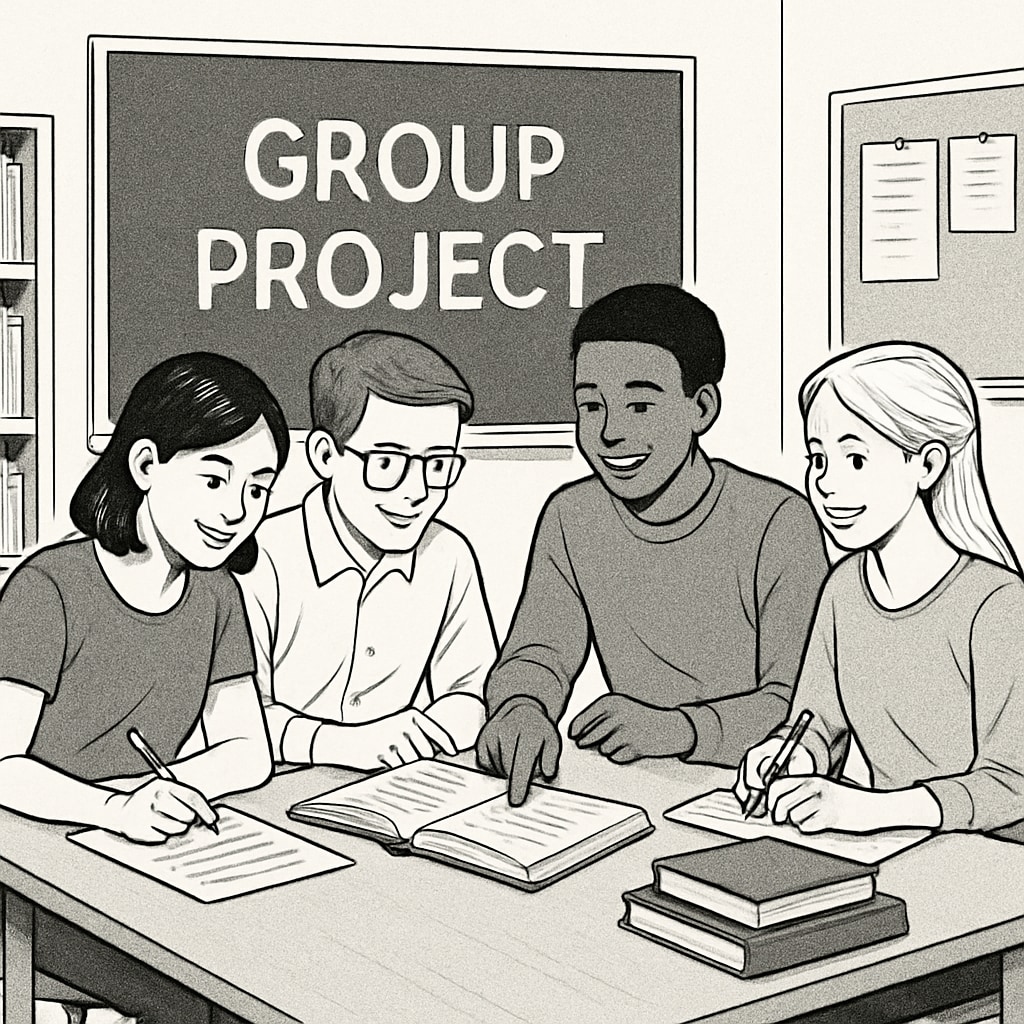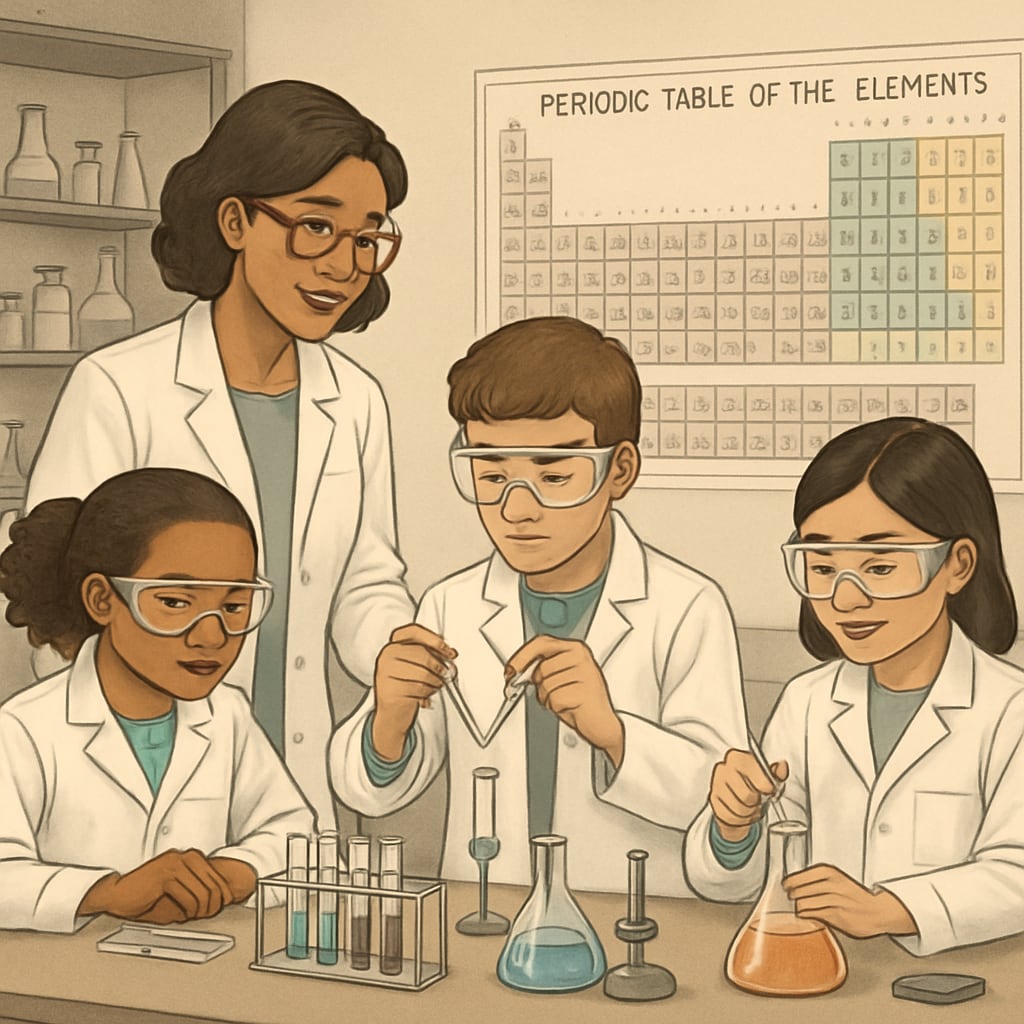Education is often seen as a tool for acquiring knowledge and skills, but its deeper purpose lies in fostering critical thinking, personal growth, and character development. In the K-12 phase, students undergo transformative changes, and education plays a pivotal role in shaping their values, self-awareness, and the way they engage with the world. This article delves into how education nurtures these essential qualities, emphasizing that its true essence goes far beyond mere knowledge transfer.
The Role of Education in Building Character
Character development is an integral aspect of education. Schools serve as a microcosm of society, where students learn values such as empathy, integrity, and resilience. These virtues are cultivated through interactions, challenges, and the guidance of educators. For example, teamwork in group projects teaches students cooperation and respect for diverse perspectives.
Moreover, education introduces students to moral dilemmas and ethical questions, encouraging them to reflect on what is right and just. As a result, students develop a moral compass that guides their decisions both inside and outside the classroom. This aligns with the idea that education does not just prepare individuals for careers but also for contributing positively to society.

Critical Thinking: The Foundation of Lifelong Learning
Critical thinking is another cornerstone of a meaningful education. It enables students to analyze information, question assumptions, and make informed decisions. Instead of passively accepting knowledge, students are encouraged to approach learning with curiosity and skepticism.
For instance, science experiments and debates are common methods used in classrooms to foster critical thinking. These activities teach students to evaluate evidence, consider opposing viewpoints, and articulate their reasoning. Such skills are invaluable in today’s information-driven world, where the ability to discern fact from misinformation is crucial.
Educational institutions that prioritize critical thinking prepare students not only for academic success but also for navigating the complexities of modern life. For a deeper understanding of critical thinking’s role in education, you can explore resources like Critical Thinking on Wikipedia.

Education as a Catalyst for Personal Growth
Personal growth is another profound impact of education. By exposing students to diverse subjects, cultures, and experiences, education broadens their horizons and helps them discover their passions. Self-awareness, an essential aspect of personal growth, is nurtured as students reflect on their strengths, weaknesses, and aspirations.
In addition, education promotes inclusivity and a sense of global citizenship. Students are encouraged to appreciate cultural differences and practice empathy, preparing them to thrive in an interconnected world. As Nelson Mandela famously said, “Education is the most powerful weapon which you can use to change the world.”
For examples of how education can inspire personal growth, consider exploring articles on personal development at trusted platforms like Education on Britannica.
Therefore, the transformative power of education lies in its ability to shape individuals who are not only knowledgeable but also self-aware, empathetic, and open-minded.
The True Mission of Education
Ultimately, education’s true mission is to create well-rounded individuals who contribute meaningfully to society. While academic achievements are important, they should not overshadow the cultivation of values, critical thinking, and personal growth. A holistic education equips students with the tools to adapt, innovate, and lead in a rapidly changing world.
Parents, educators, and policymakers must recognize that education is not just about grades and test scores. It is about empowering students to reach their full potential as thinkers, leaders, and compassionate human beings. By embracing this broader vision, we can ensure that education fulfills its highest purpose.
In conclusion, education is not solely about imparting knowledge—it is about shaping character, fostering critical thinking, and encouraging personal growth. These qualities are essential for thriving in both personal and professional spheres, making education a lifelong journey of transformation.
Readability guidance: The article maintains short paragraphs and includes transition words like “however,” “in addition,” and “as a result” to ensure a smooth reading experience. Lists and examples are used to summarize key points effectively.


